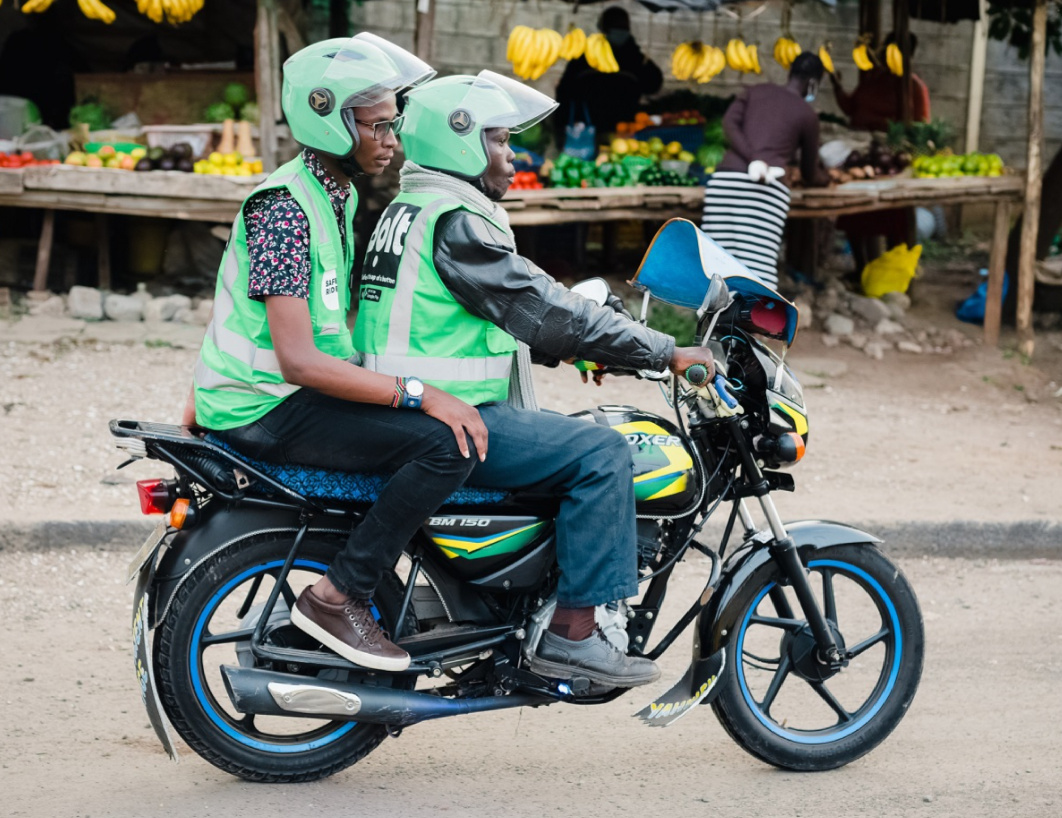
KAMPALA – Bolt, a ride-sharing and food delivery business, plans to focus on Europe and Africa for now.
This revelation was made by Bolt Chief Executive Markus Villig in an interview where he brushed aside the prospect of any possible expansion in the United States.
The Estonian startup, which also offers car-sharing and electric scooter rental, operates in 300 cities across 45 countries, has more than 75 million customers, and is valued at $6 billion.
“There’s been a fundamental shift in how investors and tech companies see the world. It is very clear that you can build a huge company, hundreds of billions of valuation, without ever going to the U.S,” he revealed.
Bolt’s narrower focus compared with Uber, which is present in 70 countries, is similar to that of ride-hailing firm Lyft (LYFT.O), which has been present in only Canada and the United States.
Africa has been one of its main targets for expansion as a lack of transport infrastructure and a growing population makes it a lucrative market for car sharing. Its potential has also attracted other tech companies.
“The growth opportunity for us as a company is much bigger (in Africa) than what it would be in a developed country where everybody has cars and public transport is available,” Villig said.
According to Villig, Bolt might seek partnerships in the future that could allow a user to order using the Bolt app in countries where it does not operate.
While Uber is the biggest rival for ride-hailing, in food delivery, Bolt faces competitors including Just Eat, Takeaway.com (TKWY.AS), and on Tuesday DoorDash (DASH.N) entered Europe via a $8 billion purchase of Wolt.
Bolt, which got into food delivery in 2019, said it plans to invest more to add a bigger selection of restaurants and make its service more affordable.
Villing explained that in some of the countries Bolt is fully sustainable and can reinvest those cash flows into expansion.
“But this is a capital-intensive sector, so it’s likely we are going to raise more funding in the future.”




